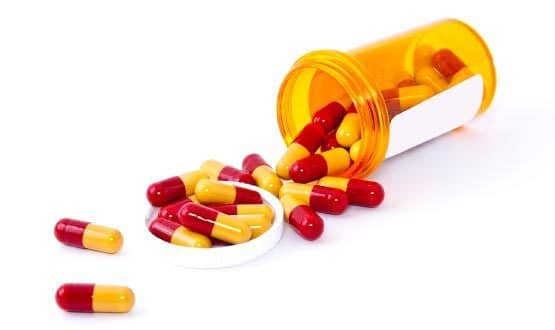The next phase of the roll-out of the Electronic Prescription Service will be tested in a limited pilot of 16 GPs across England.
NHS Digital (formerly the Health and Social Care Information Centre) confirmed that the GPs will test EPS paper tokens for about four months.
The GPs have not yet been chosen, but a spokeswoman confirmed that they will be geographically spread across England.
The tokens, which have a barcode on, will be given to patients who have not ‘nominated’ a pharmacy.
The idea is that the tokens can be redeemed at any pharmacy in England, where pharmacists will scan the barcode to download prescription.
An NHS Digital spokesperson said that pharmacies near the pilot GP sites will be supported with “factsheets and animation videos to explain the process.”
But, as any pharmacy can be chosen, “all pharmacy teams will need to be ready and know what to do.” The start date is currently unconfirmed.
The Electronic Prescriptions Service programme is one of the longest-running, national, healthcare digital programmes.
It was launched as part of the National Programme for IT in the NHS, and has been developed in a series of phases. The first phase retained the traditional paper prescription and simply added a barcode to it.
The second, and more significant release, allowed a patient to ‘nominate’ a pharmacy to receive an electronic version of the prescription, which the pharmacy downloads from the NHS data spine.
EPS R2 has made it easier for patients to access drugs, particularly on repeat prescription, and enabled the development of online pharmacies.
A ‘phase 3’ has expanded the schedule of drugs and treatments available.
NHS Digital says the next phase, EPS Phase 4, represents the point where electronic rather than paper prescriptions become the default.
In the pilot, if there is no nomination a paper ticket will be used. In the future the aim is replace paper tokens with electronic tokens through apps or emails, for example.
Alastair Buxton, Pharmaceutical Services Negotiating Committee director of NHS Services, said the pilot will “test the move to ‘full’ EPS.”
“EPS and paper prescribing systems currently coexist and this drives complexity and costs for pharmacy teams; successful implementation of phase 4 will shift the balance to the majority of scripts being electronic, which in turn will remove the inefficiency of the current dual system.
Buxton continued: “The pilot is therefore very important and we hope that pharmacy teams close to the pilot GP practices will be willing to participate fully in it, sharing their experiences and feedback, both good and bad.”
The spokeswoman said NHS Digital is posting information to all pharmacy teams announcing that the pilot has been approved and will provide further updates as work is carried out to prepare for the pilot.

